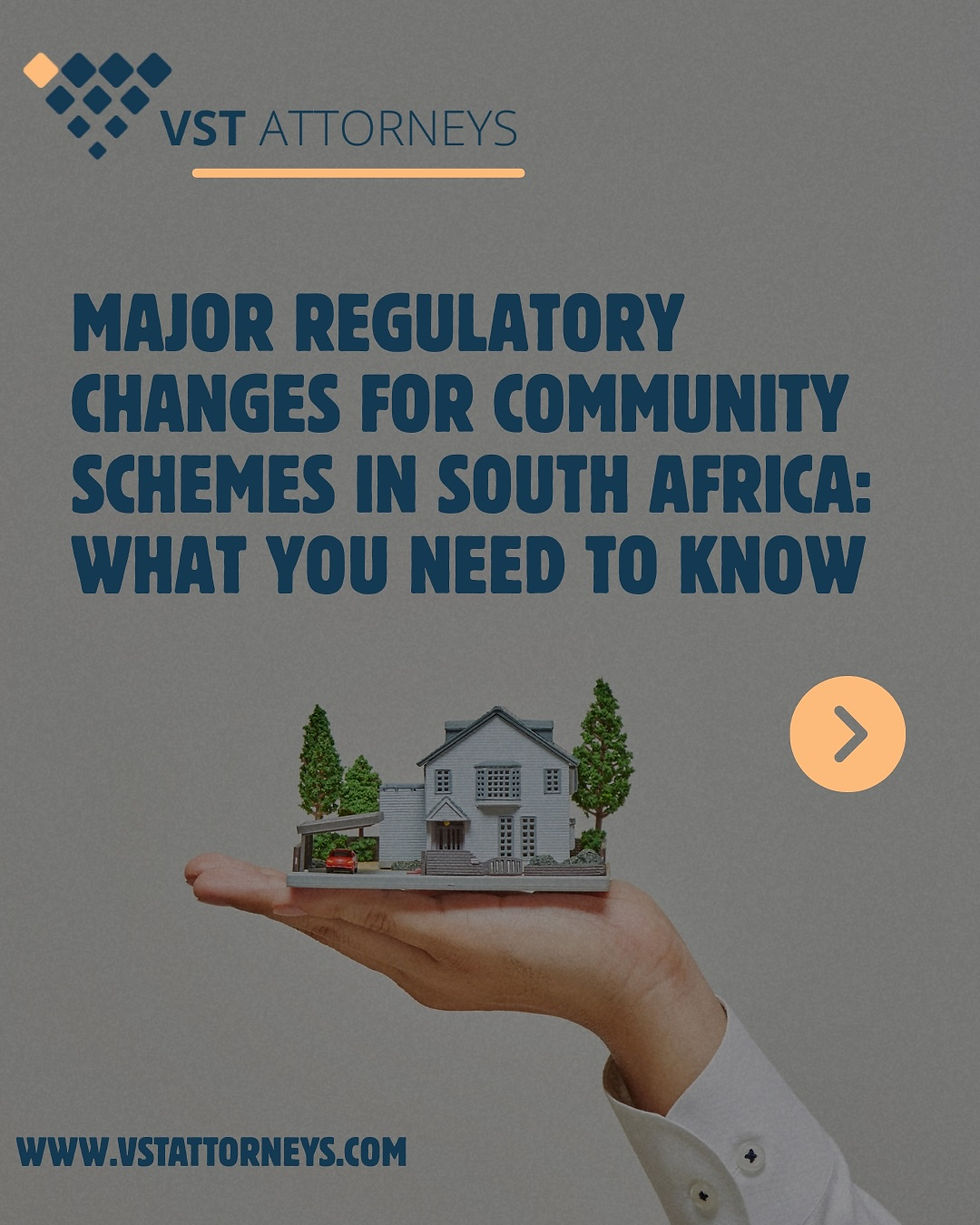How to Authenticate Documents Signed Outside of South Africa: A Guide for International Use
- VST

- Aug 7, 2025
- 3 min read
In our increasingly globalized world, legal documents often need to be signed and recognized across borders. Whether you are executing a power of attorney overseas, signing a contract while abroad, or submitting foreign affidavits in South African courts, proper authentication of these documents is essential.
In South Africa, this process is governed by Rule 63 of the Uniform Rules of Court and, where applicable, by The Hague Convention of 5 October 1961. This blog explains how to ensure your documents signed abroad are valid and recognised in South Africa—and also touches on what’s required when South African documents need to be used internationally.
What is Authentication?
Under Rule 63(1) of the Uniform Rules of Court, authentication refers to the verification of any signature on a document, including deeds, contracts, powers of attorney, and affidavits (excluding those signed before a South African commissioner of oaths). This verification ensures that documents signed abroad are accepted in legal proceedings or by government authorities within South Africa.
Three Methods of Authenticating Foreign Documents for Use in South Africa
South African law recognizes three primary ways to authenticate documents signed outside the country:
1. Rule 63(2)(e) Procedure – For Certain Designated Countries
If the document is signed in any of the following countries:
Botswana
The United Kingdom (including England and Ireland)
Lesotho
Eswatini (formerly Swaziland)
Zimbabwe
Then it may be authenticated as follows:
The signatories must sign the document in the presence of a Notary Public practicing in that country;
The Notary must identify the signatories, sign the document, and affix their official seal;
No witnesses are required;
The Notary may include a clause identifying the signatory directly below the signature.
2. The Hague Convention Apostille Method
This method applies only where both countries involved are parties to the Hague Convention Abolishing the Requirement of Legalisation for Foreign Public Documents (1961).
Requirements:
The document must be signed by the relevant parties;
An Apostille certificate must be attached or affixed to the document;
The Apostille must:
Follow the prescribed format under the Convention;
Be issued and signed by the competent authority in the country where the document was signed;
Include the official seal.
South Africa is a member of the Hague Convention, and many common destinations—including the United States, most of Europe, and Australia—also participate.
3. Rule 63 General Authentication – For All Other Foreign Countries
For countries not covered by the Hague Convention or not on the list in Rule 63(2)(e), the document must be authenticated as follows:
Signed by the signatories;
A certificate must be signed by one of the following:
The head of a South African diplomatic or consular mission;
An official in the public service at a South African embassy, consulate, or trade office;
A government authority in the foreign country responsible for authentication;
A UK consular officer (where applicable).
As with the other methods, no witnesses are required, and the certificate may be attached with a notarial clause and seal identifying the signatory.
What If You Need to Use a South African Document Abroad?
When you need to use a document signed in South Africa in another country, the reverse process applies.
Depending on the receiving country’s requirements, the following may be needed:
Notarization by a South African Notary Public;
Apostille Certificate from the High Court (if the foreign country is a Hague Convention member);
Authentication by the Department of International Relations and Cooperation (DIRCO) if the receiving country is not a Hague member;
Legalization by the relevant foreign embassy or consulate (non-Hague countries).
Important Notes
No witnesses are required for authentication under Rule 63 or the Hague Convention (RCR 16/2003).
The Apostille certificate must follow a strict format. Always verify requirements with the receiving country's authorities or consult the official Hague Apostille website.
If using a Notary Public, the clause identifying the signatory may be placed directly under the signature and must be sealed.
Conclusion
Navigating international document authentication can be complex, but with the right knowledge and professional assistance, the process can be straightforward. Whether you're signing a document overseas for use in South Africa or preparing a South African document for international use, it’s vital to follow the correct procedure to ensure your documents are legally recognized.
If you require assistance authenticating your documents, our firm is here to help. We offer guidance and facilitation for both local and international notarization, apostille, and legalisation services.
Need Help With Document Authentication?📞 Contact us today to speak to a legal professional.
📍 Based in South Africa | 🌍 Assisting clients worldwide





Comments